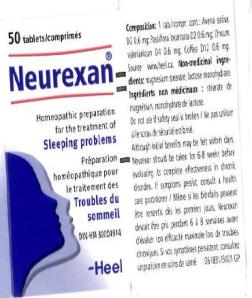This was too good to let go
Sadly, the people for whom this kind of speech is most needed are too stupid to understand all the big words that Rep. Markey used:
“Mr. Chairman, I rise in opposition to a bill that overturns the scientific finding that pollution is harming our people and our planet.
However, I won’t physically rise, because I’m worried that Republicans will overturn the law of gravity, sending us floating about the room.
I won’t call for the sunlight of additional hearings, for fear that Republicans might excommunicate the finding that the Earth revolves around the sun.
Instead, I’ll embody Newton’s third law of motion and be an equal and opposing force against this attack on science and on laws that will reduce America’s importation of foreign oil.
This bill will live in the House while simultaneously being dead in the Senate. It will be a legislative Schrodinger’s cat killed by the quantum mechanics of the legislative process!
Arbitrary rejection of scientific fact will not cause us to rise from our seats today. But with this bill, pollution levels will rise. Oil imports will rise. Temperatures will rise.
And with that, I yield back the balance of my time. That is, unless a rejection of Einstein’s Special Theory of Relativity is somewhere in the chair’s amendment pile.
Science: making Conservatives wrong since the 1500s.
Like this article? Follow me on Twitter!



